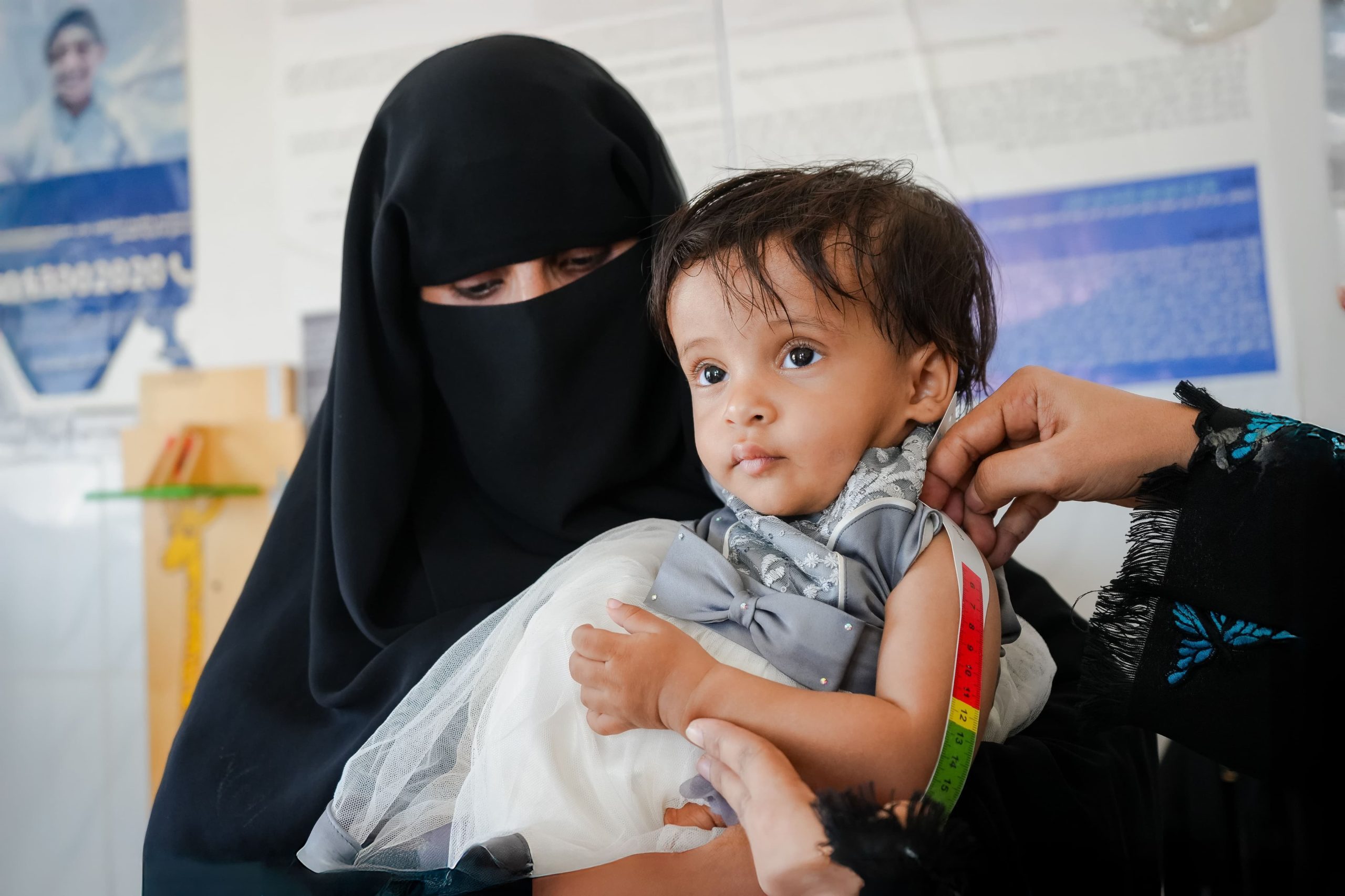Field teams from the United Arab Emirates and the World Health Organization have successfully completed the first phase of a comprehensive health assessment on Socotra Island in Yemen, conducted in close coordination with Yemen’s Ministry of Public Health and Population.
The multi-phase operation will comprise four scheduled field visits over a one-year period, representing the initial phase of an ambitious program designed to reduce mortality related to poor health and malnutrition by 20 percent over the next two to five years through an integrated health system strengthening approach.
The assessment covered 38 enumeration areas across all 29 sub-districts of Socotra Island. Preliminary results show that 93 percent of targeted health facilities were surveyed, with data collected from 4,214 households. Field teams conducted over 930 caregiver interviews, took anthropometric measurements from eligible children and mothers, facilitated 12 focus group discussions with community groups, and completed all 15 planned key informant interviews with stakeholders including local authorities, donor organizations, and UN agencies.
The project will now enter the data cleaning and analysis phase, leading to a comprehensive report revealing the current status of maternal and child health and nutrition in the community. Future stages include procurement and distribution of medical supplies, recruitment of technical experts, training programs, and community awareness campaigns.
The initiative reflects the UAE’s data-driven humanitarian approach, implemented in partnership with international health organizations to improve public health indicators among vulnerable populations. This assessment comes at a critical time for Socotra Island, which faces significant health challenges including food insecurity and repeated outbreaks of cholera, measles, and dengue fever.
Socotra Island is a remote Yemeni archipelago located in the Indian Ocean approximately 380 kilometers south of the Arabian Peninsula. The largest island covers about 3,600 square kilometers and is home to approximately 60,000 inhabitants. Socotra is renowned for its extraordinary biodiversity, with up to a third of its plant species being endemic and found nowhere else on the planet. The island was recognized as a UNESCO World Heritage Site in 2008. Despite its natural significance, Socotra faces ongoing challenges from Yemen’s civil war.














